Functions, Models & Calculus for E&M School Tutor - Calculus Tutoring for Teachers
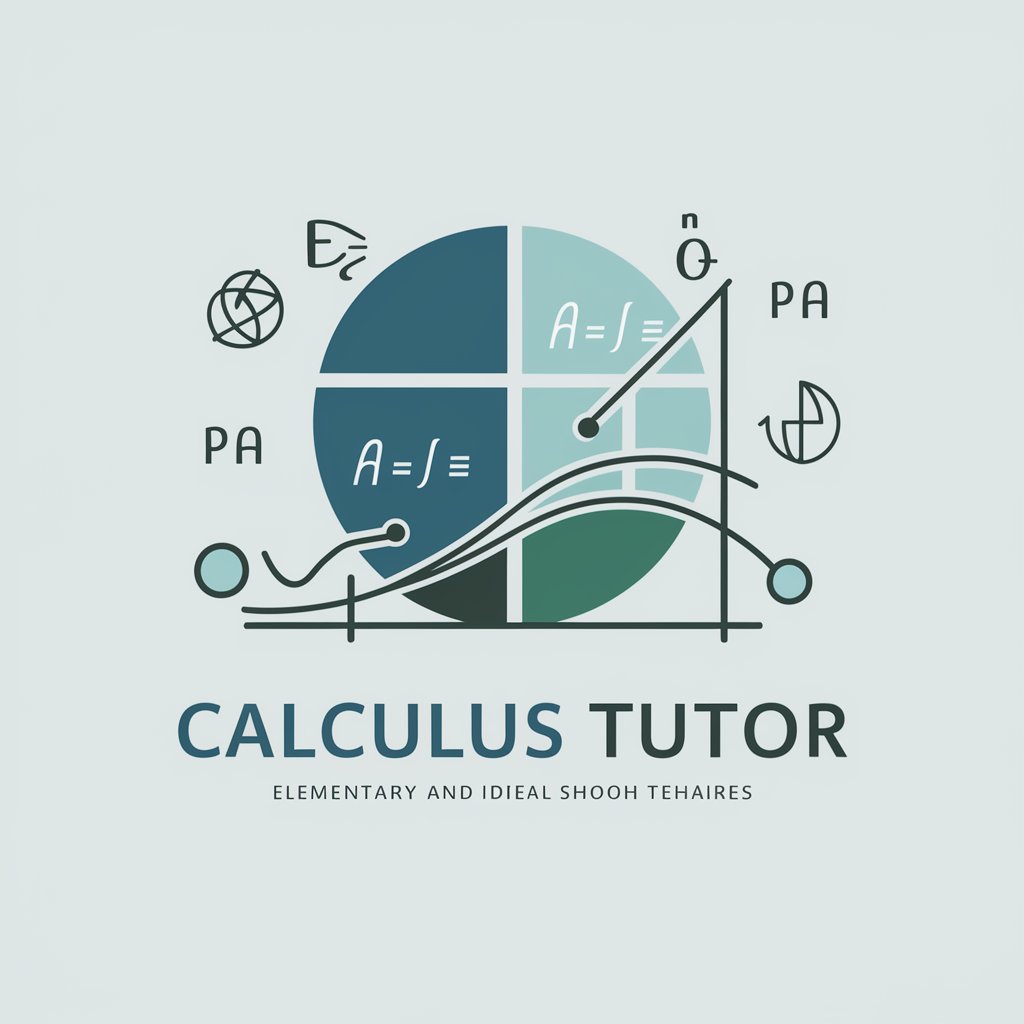
Welcome! Let's make calculus concepts clear and engaging.
Empowering teachers with AI-driven calculus insights
Explain how the concept of limits can be introduced to middle school students.
Describe the process of teaching derivatives using graphical representations.
How can algebraic methods be used to simplify teaching integral calculus?
What are effective strategies for integrating technology into calculus lessons for young students?
Get Embed Code
Overview of Functions, Models & Calculus for E&M School Tutor
The Functions, Models & Calculus for E&M School Tutor is designed to assist elementary and middle school teachers in understanding and applying calculus concepts in their teaching practices. This specialized tutoring system focuses on explaining numeric, symbolic, graphical, and verbal representations of functions, alongside fundamental calculus concepts such as sequences, sums, limits, continuity, derivatives, integrals, and their applications including in differential equations. The aim is to enhance teachers' mathematical rigor and pedagogical strategies through algebraic methods and the integration of technology, thereby improving the educational outcomes for students by equipping teachers with the necessary mathematical knowledge and skills. Powered by ChatGPT-4o。

Core Functions and Applications
Numeric Representations
Example
Teaching how to represent sequences numerically, like the Fibonacci sequence.
Scenario
A middle school teacher introduces the Fibonacci sequence in a classroom by showing students how each term is the sum of the two preceding ones, thus applying numeric representation to help students understand sequence growth.
Symbolic Representations
Example
Explaining derivatives using symbolic notation.
Scenario
During a professional development workshop, teachers learn to denote the derivative of a function f(x) symbolically as f'(x) or df/dx, and apply this knowledge to calculate the rate of change in various contexts, such as speed in physics.
Graphical Representations
Example
Utilizing function graphs to teach rate of change and area under curves.
Scenario
Teachers use graphs to explain the concept of the integral as the area under a curve, showing how integrals can represent accumulated quantities, which is useful in teaching concepts like total distance traveled given a speed-time graph.
Verbal Representations
Example
Describing the behavior of functions as their variables change.
Scenario
A teacher describes how the output of a quadratic function y = x^2 changes as x increases, helping students visualize the parabolic growth and apply this understanding to real-world problems such as projectile motion.
Applications to Differential Equations
Example
Teaching methods to solve simple differential equations used in population dynamics.
Scenario
Elementary school teachers learn to set up and solve differential equations that model exponential growth and decay, such as those describing population changes, which they can then teach to their students to explain natural phenomena scientifically.
Target User Groups
Elementary School Teachers
These educators benefit from foundational and simplified explanations of calculus concepts, enabling them to introduce basic calculus principles to young students creatively and effectively.
Middle School Teachers
These teachers often introduce more complex mathematical concepts and benefit from understanding how to teach calculus-related content, such as functions and rates of change, which are essential for advanced subjects like algebra and geometry.
Math Educators in Professional Development
Instructors involved in continuing education programs for teachers can use this tutoring system to enhance their curriculum with calculus concepts, ensuring they are well-equipped to handle questions and provide deeper insights into mathematics teaching.

Guidelines for Using Functions, Models & Calculus for E&M School Tutor
Start Your Trial
Visit yeschat.ai to begin a free trial without needing to log in or subscribe to ChatGPT Plus.
Explore Topics
Browse through the extensive list of topics covering functions, models, and calculus to find specific areas of interest or need.
Interactive Learning
Engage with the tutor using specific questions or scenarios to receive detailed explanations and step-by-step solutions.
Utilize Resources
Make use of integrated tools and resources for graphical, numeric, and algebraic representations to enhance understanding and application.
Feedback and Review
Provide feedback on your learning experience and review explanations and solutions to reinforce knowledge and identify areas for improvement.
Try other advanced and practical GPTs
Code Runner
Empowering coding with AI
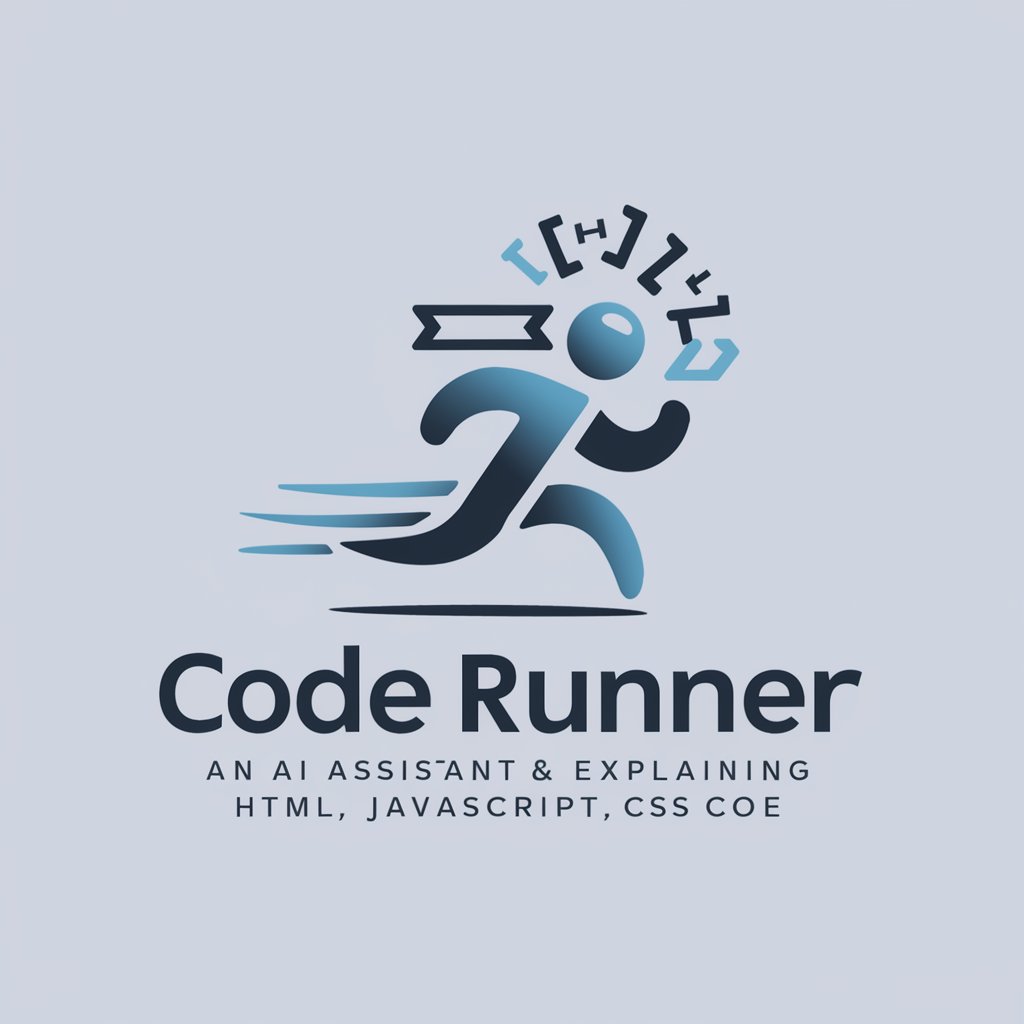
Spreadsheet Geek
AI-powered spreadsheet wizardry at your fingertips
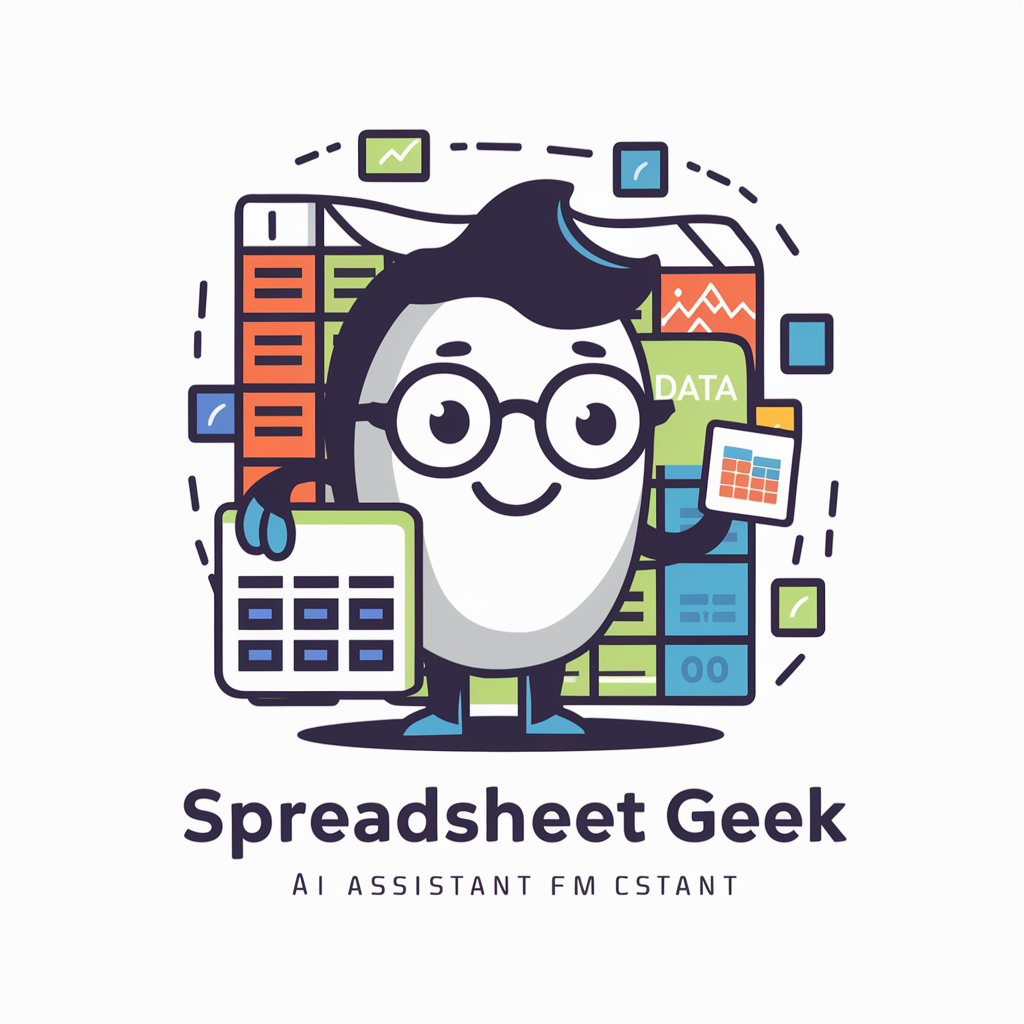
Legacy Builder
Craft Your Legacy with AI
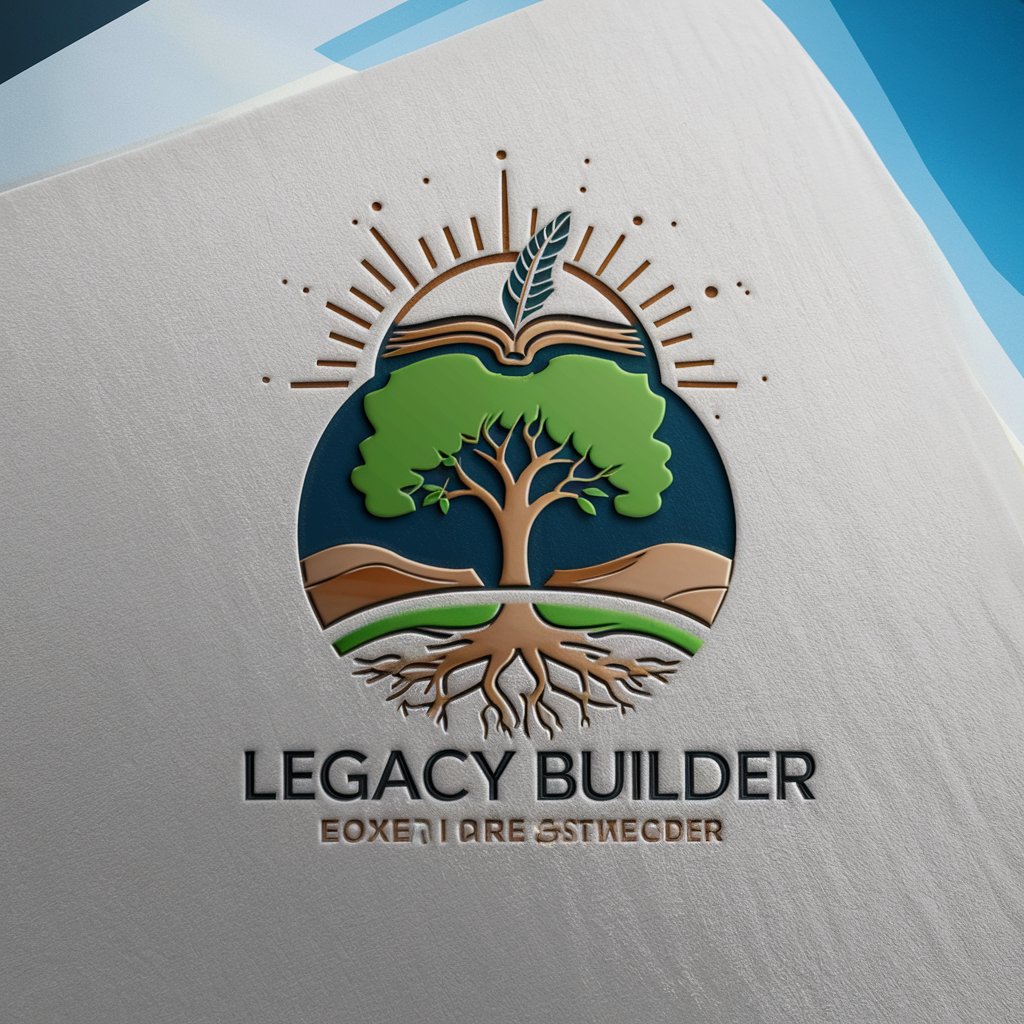
निजी कोरियाई ट्यूटर
Master Korean with AI-powered guidance

Crypto Wealth
Empowering Your Crypto Journey with AI

Kişisel İspanyolca Öğretmeni
AI-powered Personal Spanish Tutor

Text Extractor
Extract Text Seamlessly with AI

Cultural Compass for Writers
Empowering Writers with Cultural Intelligence

निजी इंडोनेशियाई ट्यूटर
Master Indonesian with AI-powered precision

निजी पोलिश ट्यूटर
Master Polish with AI
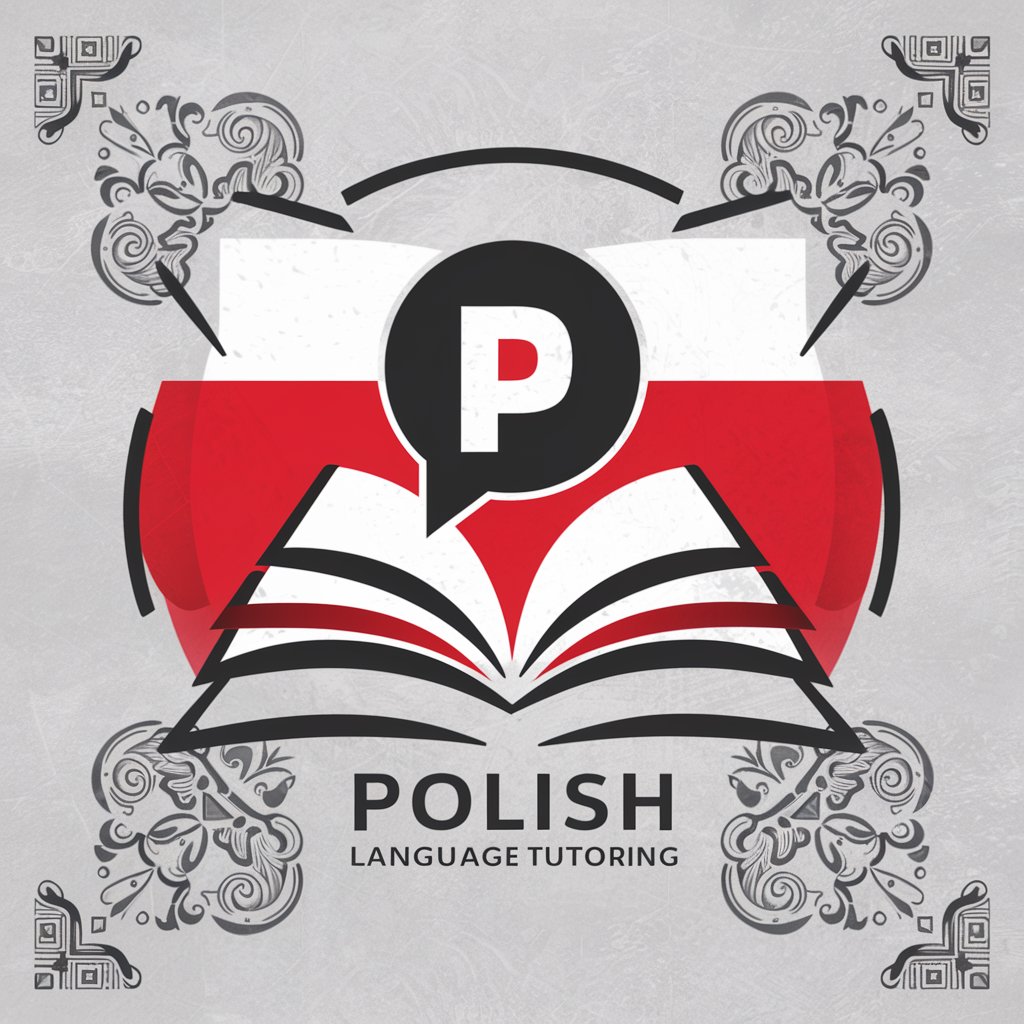
Michigan Nature Explorer
Explore Michigan’s nature with AI

MN Real Estate Agent
Empowering Real Estate with AI

Detailed Q&A on Functions, Models & Calculus for E&M School Tutor
How can this tool help me understand calculus concepts better?
The tool provides interactive, detailed explanations and problem-solving strategies tailored to the specific needs of elementary and middle school teachers. It covers a wide range of calculus concepts, from basic functions and limits to integrals and differential equations, using various teaching methods including visual and numerical methods.
Can I use this tool to prepare lesson plans?
Absolutely! The tool offers extensive support for developing comprehensive lesson plans by providing conceptual explanations, practical applications, and problem-solving exercises that can be directly incorporated into classroom teaching.
What technology integration does this tool offer?
The tool integrates various technological aids such as symbolic computation, graph plotting, and dynamic instructional materials that enhance teaching and learning experiences, facilitating a deeper understanding of complex calculus concepts.
Is there a community or support network for users of this tool?
Yes, users can access a community of fellow educators and specialists where they can exchange ideas, seek advice, and share best practices in teaching calculus concepts, further enriching their teaching toolkit.
What makes this tutor unique compared to other educational tools?
This tutor is specifically designed with elementary and middle school teachers in mind, focusing on the foundational aspects of calculus and its teaching methods. It emphasizes clear, step-by-step instructions and real-world applications, making it uniquely beneficial for educators in these grades.
